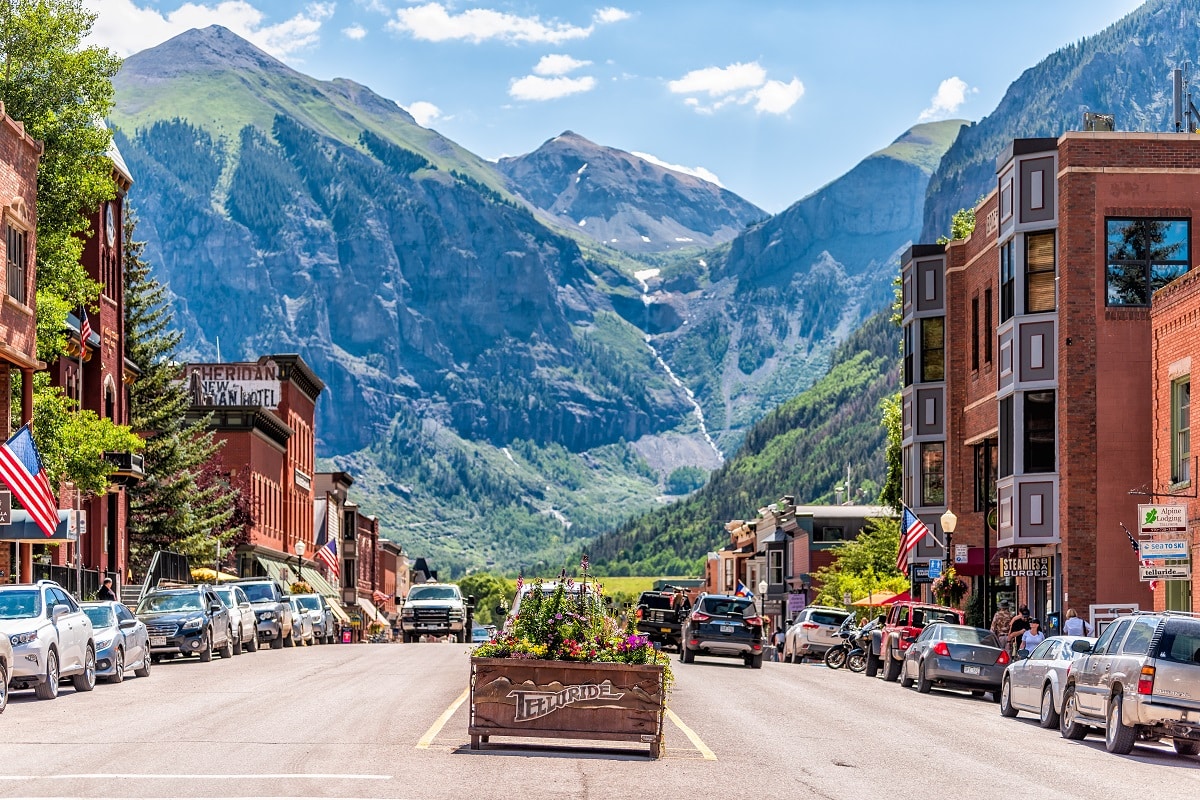Colorado’s ski towns are stirring up a storm with a controversial idea: taxing homes that sit empty for most of the year.
Empty Homes, Empty Wallets

Resort communities across the state are pushing for a “vacancy tax” to tackle the housing crisis that’s hitting locals hard.
Pushing for Change in Resort Communities

The Colorado Association of Ski Towns (CAST) is leading the push, and they’re not stopping there – they also want to put a fee on real estate transactions to fund more affordable housing in areas where prices are out of control and a big chunk of homes are barely used.
From Ghost Towns to Thriving Communities

CAST, led by Glenwood Springs’ councilman Jonathan Godes, is rallying its 28 member towns to get this proposal in front of Colorado lawmakers. Right now, no towns in the state have anything like this, but the idea is catching fire as home prices go through the roof and properties stay empty.
CAST’s Legislative Strategy

With some areas seeing up to 40% of homes unoccupied and the cost of living climbing, the pressure is on to find new ways to make housing more accessible for local workers.
Clearing the Path

Godes and CAST are clear: they want to set the stage for local governments to make their own decisions on this. As Godes said, “We are not asking the legislature to make it so. This just clears some potential land mines for communities who might want to do this.”
Real Estate Revolution

Real estate transfer fees on all property sales are also on the table. This would be a new revenue stream to help fund local housing projects.
Dancing Around TABOR

The twist? They’re calling it a “fee” rather than a “tax” to dodge the restrictions of Colorado’s Taxpayer’s Bill of Rights (TABOR), which requires voter approval for new taxes. This way, local governments could implement these fees without the usual red tape.
Transfer Fees on the Horizon

If this gains steam, every time a property changes hands a fee could help fund housing projects.
A Global Trend Hits Colorado’s High Country

The idea of taxing vacant homes isn’t totally new – other places are trying similar strategies. Take South Lake Tahoe, for example. Voters there are set to decide on a tax for homes that are empty more than 182 days a year.
A Blueprint for Colorado?

The tax starts at $3,000 and doubles in the years following. This could potentially become a major revenue source for the city, which currently has a huge 44% of its homes sitting vacant.
Aloha to Affordable Housing

In Hawaii, there’s a heated debate over a proposed 3% tax on vacant homes. The goal is to curb real estate speculation from wealthy investors who are driving up home prices. The state has seen an explosion in property investment, and lawmakers are trying to rein it in.
A Success Story in Vacancy Taxation

Meanwhile, Vancouver has already seen success with a similar tax, reducing vacant homes by over 50% and raising $142 million for affordable housing.
The Airbnb Effect

CAST’s proposal also includes making it easier for towns to tax short-term rentals. With more than 4,000 of these rentals active in Summit County alone, and recent court rulings backing local regulations, it’s clear that short-term rentals are a big piece of the puzzle.
Devil in the Details

Back in Colorado, CAST’s proposal faces some hurdles. The specifics of how to define a “vacant” home are still up in the air. For example, if a house is rented out to short-term visitors, is it considered vacant? This kind of detail could make or break the tax.
Developers’ Dilemma

But not everyone is thrilled about the constant changes. Local property developers are worried about the growing number of regulations, as they’re taking on more and more of a big hit to their portfolios.
Beyond the Vacancy Tax

And it’s not just about the vacancy tax. Local governments are also gearing up for potential ballot measures that could limit property tax collections as home values skyrocket.
Proposition 50 and Initiative 108

Proposition 50 and Initiative 108 aim to cap property tax increases and cut assessment rates. If these measures pass, it’ll put even more pressure on local governments to find alternative sources of cash.
Cash Crunch

Colorado’s ski towns are grappling with a tricky mix of rising home prices, empty properties, and a desperate need for affordable housing.
Will Colorado’s Ski Towns Walk a New Path?

The vacancy tax and real estate transfer fees could be a game changer, but whether it will become a reality remains to be seen.
Featured Image Credit: Shutterstock / Kristi Blokhin.
The content of this article is for informational purposes only and does not constitute or replace professional advice.
The images used are for illustrative purposes only and may not represent the actual people or places mentioned in the article.
For transparency, this content was partly developed with AI assistance and carefully curated by an experienced editor to be informative and ensure accuracy.

